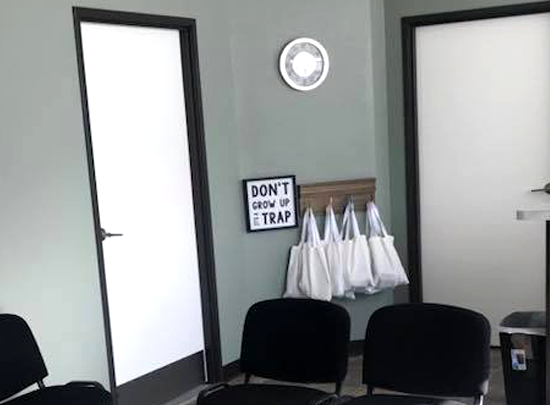
This article is written by Jennifer L.W. Fink and was originally published in Campaign for Action’s Charting Nursing’s Future on June 25, 2018.
Truck drivers’ health affects us all. According to a 2017 study published in the Journal of Occupational and Environmental Medicine, commercial truck drivers with three or more medical conditions have two to four times the risk for being in a crash compared to healthier drivers.
For decades, many medical examiners—typically physicians—would sign off on truck driver fitness after a perfunctory exam. “When I’d drive into Georgia on Interstate 75, I’d see billboards that read: $10/DOT Physicals, guaranteed to pass,” said Wendy Paracka, MS, ARNP-BC, FAANP, owner and founder of Remise Health Solutions in Florida.
The Department of Transportation (DOT) requires all truck drivers to undergo a DOT physical at least every 24 months. In 2012, after a series of high-profile accidents, DOT’s Federal Motor Carrier Safety Administration started requiring that clinicians be nationally certified. That new certification test was opened to “any licensed healthcare provider licensed by the state to perform physical examinations,” including nurse practitioners (NPs), and other advanced practice registered nurses (APRNs).
NPs such as Paracka stepped up in large numbers. Since the final rule went into effect in 2014, NPs and other APRNs have accounted for roughly a third of DOT-certified medical examiners see the exam as a starting point for working with truckers to actively improve their health.
“The goal is not just pass or fail a DOT physical, but how can we help you have a long career? How can we help you stay on the road, be healthy, live a long life and enjoy your family?” says Kathleen Dailey, DNP, FNP-C, DOT-CME, senior education leader with CVS Health’s MinuteClinic, a leading provider of DOT physicals.
“If they don’t have a primary care provider, we look to get them a primary medical home. If they can’t get to their medical home, we look to fill the gap. If they have a chronic illness, we can help them with managing it,” says CVS’s Dailey.
You can read the rest of this article here





